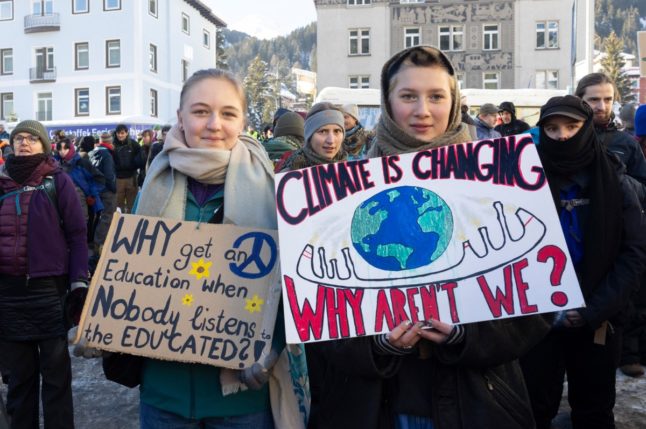An intercantonal police force will be set up to deal with an expected increase in irregular border crossings, the conference of cantonal police chiefs announced on Thursday.
However, the additional officers will be deployed only on request and “only if needed”, said Christian Varone, the police commander in Valais which borders France and Italy. He stressed that the creation of the new force was “preventative” in nature.
The force of around 50 police officers would not be tasked with carrying out border checks, but instead with assisting in “matters of security” in the Ticino, Valais and Graubünden cantons.
For example, they could be deployed to find anyone who evaded border checks, ensuring that those entering illegally were not able to travel across the country.
READ ALSO: 'Disappearing' migrants on the rise in Italy
Intercantonal police forces regularly step in when a single canton may struggle to manage an event, for example in the case of international football matches, however it is rare for this kind of support to extend for several months as in this case. The force is expected to remain on standby for a 13-week period.
Last year saw a significant increase in irregular border crossings from Germany, Italy, and France. The situation at Ticino's border with Italy was particularly tense, with Amnesty International accusing Switzerland of acting illegally when it turned back migrants who tried to get into the country.
Swiss authorities rejected this allegation, claiming they accepted those who wanted to claim asylum in Switzerland but turned back those who wished simply to pass through the country to reach another.
READ ALSO: Four arrested for allegedly smuggling migrants into Switzerland



 Please whitelist us to continue reading.
Please whitelist us to continue reading.